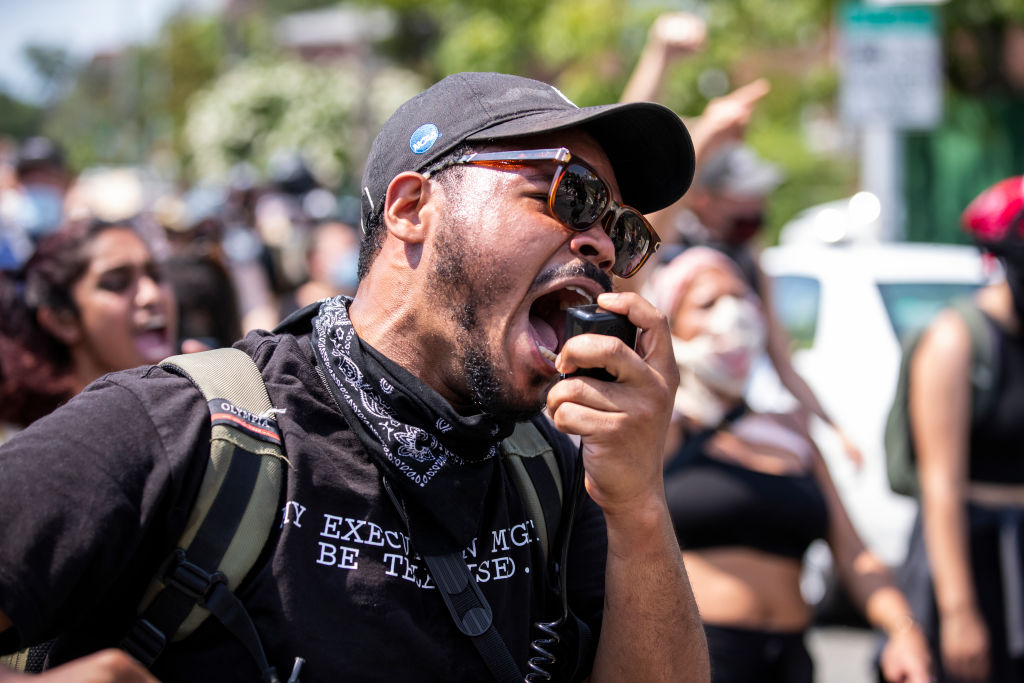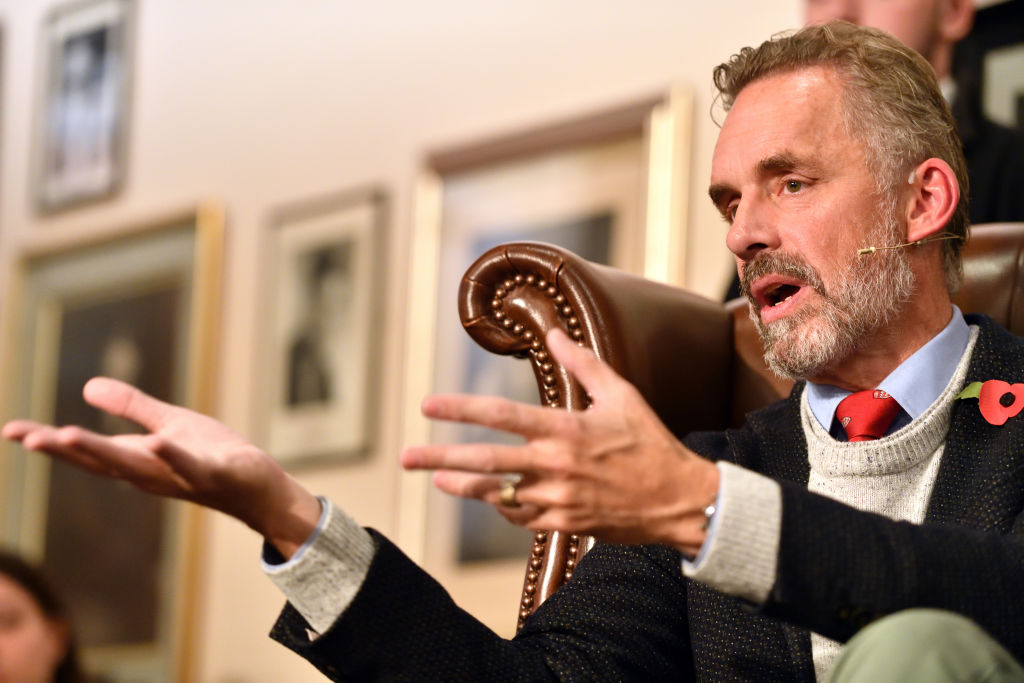They are as clueless as the ancien régime.
Brand Warfare is a Fight to the Death

The fight over Chick-fil-A makes it plain.
If our present ideological convulsions may fittingly be called a culture war, then the accompanying clashes between corporate brands and consumers may fittingly be called trials by single combat. Perhaps this was inevitable: the purpose of a brand is to define the customer’s identity, and the American public is undergoing an identity crisis. It stands to reason that we would assemble into opposing camps under the sigils of our favored champions, choosing as representatives the companies which most faithfully display our values.
So it was that, when Nike sponsored quarterback emeritus Colin Kaepernick and his disrespect for the symbols of American patriotism, patriots chose to buy their sneakers elsewhere. So too when Gillette released an advertisement opposing “toxic masculinity,” the response was plaudits from radical feminists and disgust from just about everyone else. We root for products to succeed not just on their own virtues, but on the virtues of their creators’ worldview and, by proxy, our own.
In this climate it has become de rigueur for companies seeking high-profile approval to endorse gay marriage and to over-represent homosexual relationships in their marketing campaigns. People who believe marriage is exclusively heterosexual are therefore left with few brands that they can comfortably choose as their avatar in the mêlée of ideals.
That is why the fast-food chain Chick-fil-A became an unlikely white knight of Christian pop culture. The company closes on Sundays, prints Bible verses on its Styrofoam cups, and prioritizes charity in its financial practices. Most notoriously, its leadership takes the traditional view of marriage and has said so publicly. As a result Chick-fil-A has, for over a decade, been protested, boycotted, and denounced as “hateful” by far-left LGBTQ activists.
Predictably, the charges against Chick-fil-A are outlandish in the extreme. At one point the company’s owners were accused of funding a proposed Ugandan law that would have made homosexual acts punishable by death. In fact what they did was help fund a pastor who went to Uganda and spoke against the law. Chick-fil-A did not back down for many years, and so it came to be cherished as a lone bastion of clarity and courage. But this week the restaurant announced that it would discontinue its donations to charities (the Salvation Army and the Fellowship of Christian Athletes) which have been deemed homophobic.
What is meant by this is simply that those charities do not support gay marriage. Since the Salvation Army provides aid to all homeless people regardless of their sexuality, and since homeless youth are disproportionately gay or transgender, the charity actually does a great deal to help LGBTQ people. But because its leadership is old-fashioned on the marriage question, it is considered an “anti-LGBTQ” organization by, among others, CNN and the Los Angeles Times.
There is only one conclusion that may be drawn from this. Agitators of the kind that have targeted Chick-fil-A are not merely, or even primarily, interested in ameliorating the lives of gay people. They are opposed per se to Christians holding their traditional beliefs about marriage. Chick-fil-A and the Salvation Army are under fire purely because they think, and say, that God wants men to marry women and not other men. For the extremists of the LGBTQ movement, it is impermissible that there should exist even one business whose owners believe that.
At the climax of the West’s oldest military epic, Homer’s Iliad, the mortal enemies Achilles and Hector meet to do battle. Hector, manifestly the weaker man, asks Achilles for an oath that the victor will afford his victim a proper burial. But Achilles, blinded with rage and thirsty for blood, sneers, “there can be no trustworthy oaths between men and lions, nor soft-hearted agreement between lambs and wolves” (Iliad 22.261-2).* The attack on Chick-fil-A makes plain that radical leftists are not in this for a compromise, or an equitable live-and-let-live solution. They are in an existential battle between lions and men. Destruction, not détente, is the goal.
That is why war—and not, say, business negotiation—really is the proper metaphor for what is going on here. It remains uncertain what Chick-fil-A’s long-term strategy will be. But its adversaries’ strategies are obvious: accept no concessions, take no prisoners. The Advocate, for example, swiftly insisted that “Chick-fil-A Still Isn’t LGBTQ-Friendly, Despite Pledge on Donations.” As long as “LGBTQ-friendly” means not “tolerant of gay people” but “actively in favor of gay marriage,” no conservative Christian organization will ever fit the bill. This is not a silly or a small thing. Christians are invested in Chick-fil-A’s decisions not because they are obsessed with fried chicken, but because they understand the stakes of the confrontation playing out in front of them. In the language of brand warfare, radical gay activists have made their message to the Church quite explicit: nothing but your annihilation will be enough.
*The translation is my own.
The American Mind presents a range of perspectives. Views are writers’ own and do not necessarily represent those of The Claremont Institute.
The American Mind is a publication of the Claremont Institute, a non-profit 501(c)(3) organization, dedicated to restoring the principles of the American Founding to their rightful, preeminent authority in our national life. Interested in supporting our work? Gifts to the Claremont Institute are tax-deductible.
Young Nietzscheans should look to Tocqueville as a more politically responsible source for a new politics.
Higher education has always been a religious quest.
Pope Francis’s dalliance with a tyrannical ideology needs to be confronted.
The apostle of precision hems and jaws about his religious belief.
Eighty years of diversity and equity have destroyed a nation.






